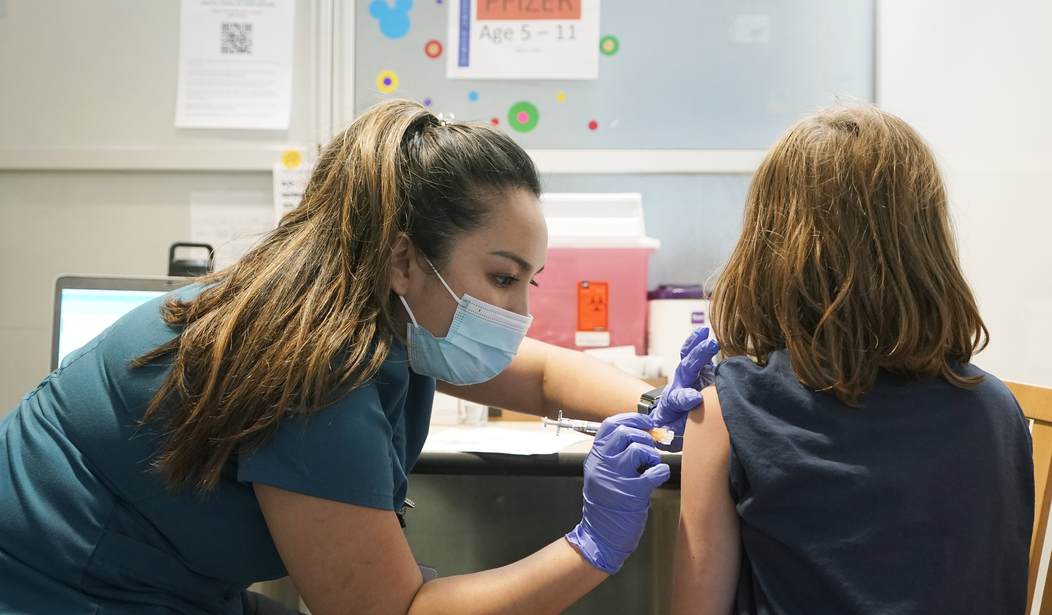A new report from Britain’s Health Security Agency found that the Covid booster shots being pushed by Joe Biden and other governments are effective against contracting the omicron variant of Covid-19 for only 10 weeks.
The effectiveness of the booster shot in preventing serious disease and death from omicron is unknown, but previous experience suggests it will provide significant protection.
The omicron variant is built to evade our best efforts to create a vaccine against it. Its biology allows it to dodge the antibodies that are produced after vaccination or even after infection by another variant of the coronavirus.
Among people who received two doses of the AstraZeneca vaccine, a booster with one of the mRNA vaccines, made by Pfizer and Moderna, was 60 percent effective at preventing symptomatic disease two to four weeks after the shot. After 10 weeks, however, the Pfizer booster was just 35 percent effective. The Moderna booster was 45 percent effective at up to nine weeks. (The AstraZeneca vaccine is not authorized in the United States, but the Johnson & Johnson shot uses a similar technology.)
For people who were given three Pfizer doses, vaccine effectiveness dropped from 70 percent one week after the booster to 45 percent after 10 weeks. Pfizer recipients who received a Moderna booster, on the other hand, seemed to fare better; their vaccine regimen remained up to 75 percent effective at up to nine weeks.
What good would a booster shot do if it’s only effective for 10 weeks? In the case of the omicron variant, that might be all that’s needed.
Omicron is extraordinarily contagious. It’s the most contagious of all coronavirus variants and may be spreading faster than any infection in history.
Evidence to date suggests the symptoms of omicron are milder than other variants and fewer people will be hospitalized. But if seventy times the number of people are being infected in a short period of time than other variants, the fraction of people becoming severely sick may be lower, but the absolute number could be higher, filling up beds in ICUs.
In South Africa, where the variant apparently originated, the wave is already receding after only about a month. While extraordinarily infectious, its speed suggests a flame-out regarding the intensity of the wave.
Ten weeks of protection may be all that’s needed.
The report, which was based on an analysis of about 148,000 Delta cases and 68,000 Omicron cases, also included recent data suggesting that Omicron infections are less likely to lead to hospitalizations than Delta infections. The findings should be interpreted cautiously, the agency noted, because there have still not been many Omicron cases, relatively speaking, and the people who have contracted the variant may not be representative of the broader population.
The Biden administration has been encouraging all eligible Americans to receive booster shots as Omicron spreads.
As with everything else regarding our personal health, individuals should decide for themselves what they need to stay healthy. For some, a booster may be necessary. For others, it’s not.
When it comes to omicron and any other variant of the coronavirus, we are our own best experts.
Related: Joe Biden’s Failure to Order COVID Tests Was Intentional










Join the conversation as a VIP Member